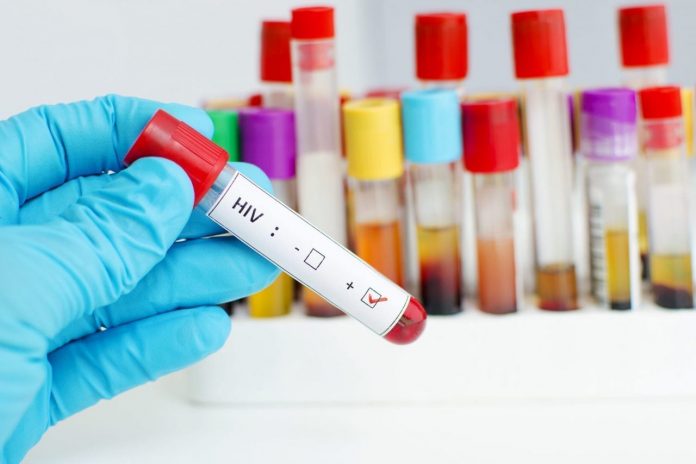Human Immunodeficiency Virus (HIV), the cause of Acquired Immunodeficiency Syndrome (AIDS), has undergone a significant transformation in recent years, turning from a once-certain death sentence to a chronic disease that people can live with. Stakeholders at a meeting in Abuja discussed the progress in HIV treatment, highlighting breakthroughs that make the virus undetectable and untransmittable.
The meeting, organized by the United States President’s Emergency Preparedness Fund for AIDS Relief (PEPFAR) in collaboration with partners, aimed to assess communication gaps and opportunities for the HIV response in Nigeria. Stakeholders emphasized the use of antiretroviral therapy (ART) to suppress the virus, making it undetectable and preventing transmission. Pre-Exposure Prophylaxis (PreEP) before risky behaviors and Post-Exposure Prophylaxis (PEP) after potential exposure were also discussed as preventive measures.
The stakeholders expressed optimism that addressing observed gaps and meeting the Joint United Nations Programme on HIV and AIDS (UNAIDS) targets, known as 95-95-95, could lead to the elimination of the virus by 2030. The 95-95-95 targets aim to diagnose 95% of all HIV-positive individuals, provide ART for 95% of those diagnosed, and achieve viral suppression for 95% of those treated.
Dr. Murphy Akpu, an Advisor on Science Systems and Services at UNAIDS in Nigeria, highlighted the transformative impact of modern medicines on the lives of people living with HIV. He emphasized that with ART, HIV is no longer a death sentence, and individuals can live as long as anyone else. The meeting brought together various stakeholders, including journalists, program implementers, affected communities, religious leaders, communication specialists, academics, government agencies, and development partners.














